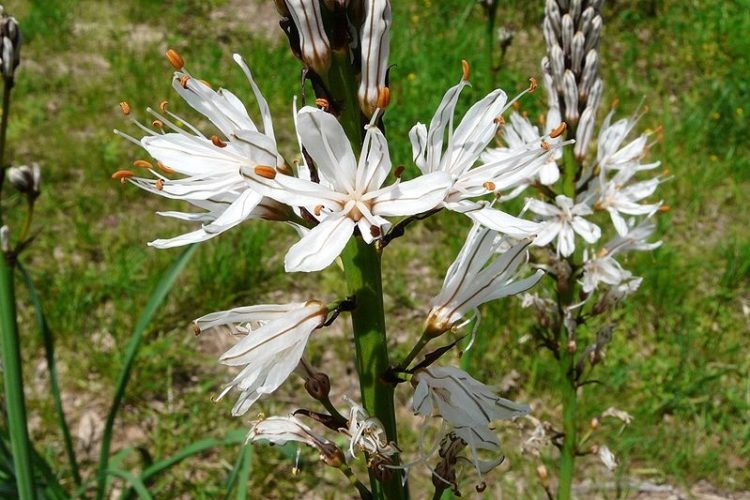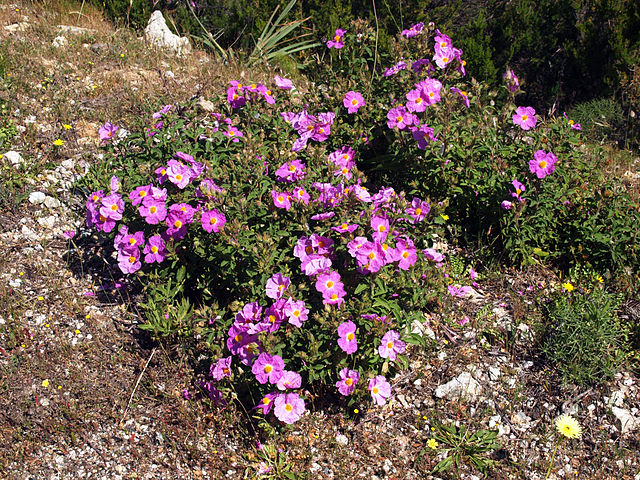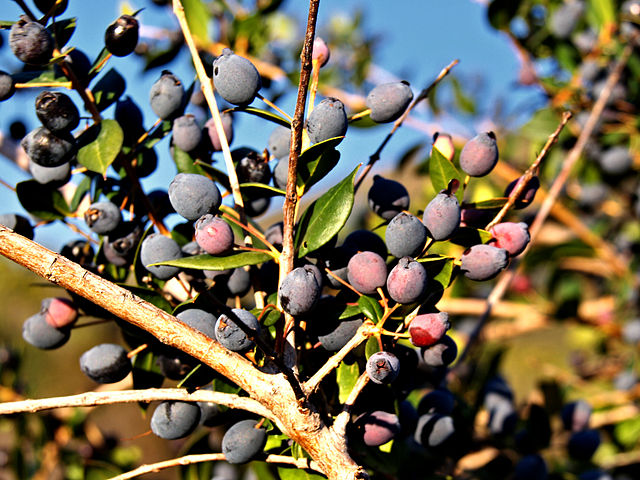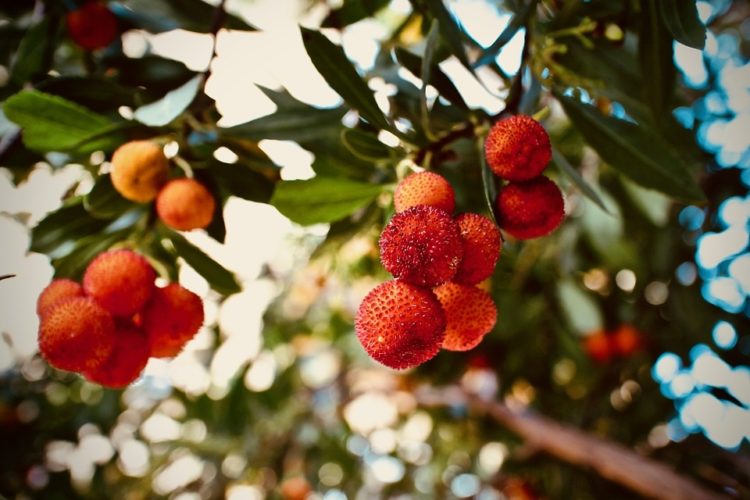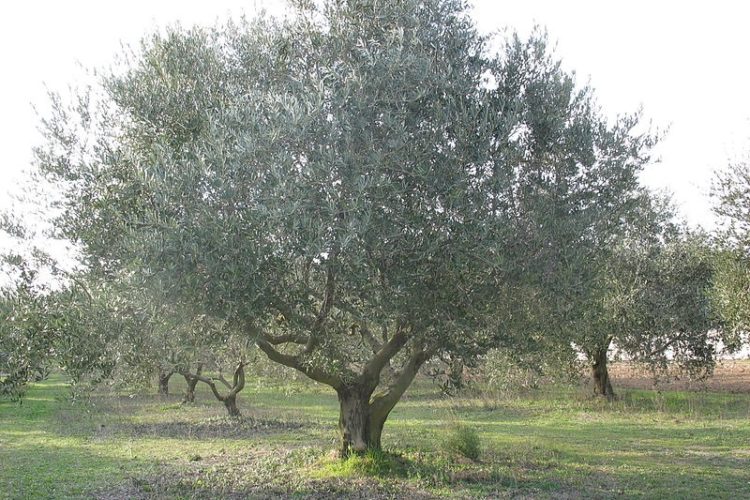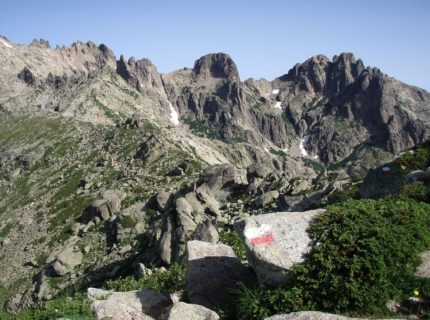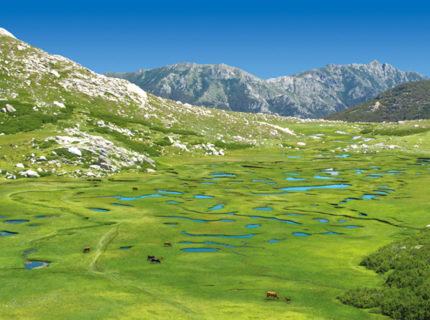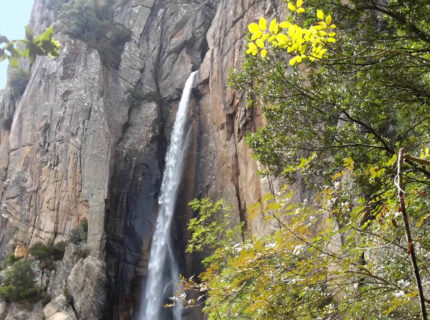The island of beauty has very rich and varied vegetation that is concentrated in what is called in Corsican the "macchia" which means the scrubland.
Description
The scrubland in Corsica entails: 78 endemic species (plants specific to the island of Beauty) and 42 varieties of orchids.
Here is a brief overview of the most famous species:
– The Arbutus tree:
The arbutus tree is a shrub that can measure from 5 to 15 meters. Between September and October blooms appear with the appearance of small white flowers in the shape of bells. Soon after, these pretty flowers turn into arbutus, small edible red-orange balls.
The fruits of the arbutus tree have many advantages, especially for cooking! Indeed, you can use the arbutus for the preparation of jams, compotes, jellies or alcohol with the famous “arbutus liqueur” which is an excellent Corsican digestive!
– The Myrtle
Myrtle is a small shrub very present in the Corsican scrubland. In winter it produces small blue-black berries that look a little like blueberries.
Myrtle is used in Corsican gastronomy. Indeed, the foliage flavours grilled meats and berries are used to make a liqueur.
In addition, myrtle is well known in aromatherapy for its antiseptic and astringent properties.
-The Immortelle:
The Immortelle is a plant that comes from the Greek “Helios” which means “sun” because of its flowers that resemble small yellow suns.
It is very present in the Corsican scrubland and is mainly used in aromatherapy. Indeed, the essential oil of immortal has many advantages:
– Anti-hematoma: it cures scars, oedema, and varicosities… by activating blood circulation.
– Anti-inflammatory: it treats rheumatism, burns, wounds and traumas.
– Mucolytic: It cures sinusitis and clears the bronchi.
It is ideal to keep a small bottle in your medical kit!
- Environment : Corsica
Categories
- Nature
Why it’s nice !
- The pleasant scents of the scrubland
- These species can be used to enhance the cuisine
- These species can be used for their therapeutic benefits
Contact information
The Corsican scrubland





